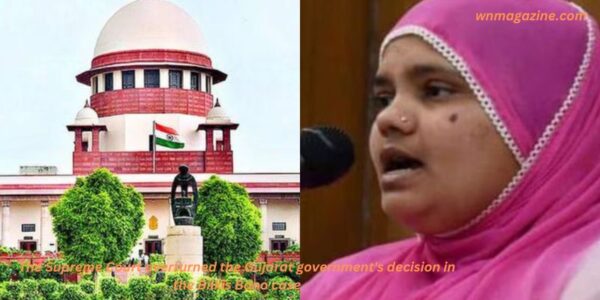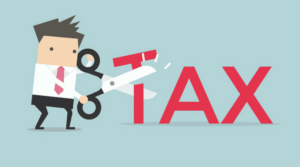The Supreme Court overturned the Gujarat government’s decision in the Bilkis Bano case
2 min read
The Supreme Court overturned the Gujarat government's decision in the Bilkis Bano case
The Indian Supreme Court, on Monday, January 8, Bilkis Bano case overturned the controversial government order that had led to the early release of the rapists convicted in the Bilkis Bano case from Gujarat last year. Justices BV Nagarathna and Ujjal Bhuyan strongly criticized the state government’s actions, stating that it lacked the authority to grant remission.
Also Read: wellhealth how to build muscle tag
In their joint decision, the justices emphasized that the state government did not have the power to provide clemency, as it was not a party to the compact. Justice Nagarathna ruled that the remission orders needed to be reversed, and the court directed eleven of the prisoners to appear before prison authorities within two weeks.
The court clarified that only Maharashtra had the jurisdiction to grant remission orders since the defendants’ sentences were originally handed down in that state. It accused the state of Gujarat of withholding information and misleading the Supreme Court about a May 13, 2022 verdict that directed the Gujarat government to seek mercy for the convicted individuals.
Justice Nagarathna condemned Gujarat’s abuse of power, stating, “Taking advantage of the May 13 order of this Court, other convicts also filed remission applications, and the Gujarat government passed remission orders.”
The case revolves around Bilkis Bano, who, in 2002, attempted to flee Gujarat during riots. At twenty-one and five months pregnant, she was gang-raped by a group of twenty to thirty men armed with weapons. Tragically, her unborn child was among the fourteen relatives who lost their lives in the attack. The global outcry led to the conviction of eleven individuals, sentenced to life in prison without parole, following a Supreme Court-mandated CBI investigation.
Next Read: Wellhealth Ayurvedic Health Tips
Despite the heinous nature of the crime, the Gujarat government released the rapists as part of its remission program on Independence Day. When the convicts petitioned the Supreme Court for early release, it was revealed that one of them had already served almost fifteen years of their sentence. The release sparked outrage, with photos surfacing of the ex-convicts shaking hands with prominent state lawmakers. Activists, civil society members, and political opponents expressed extensive indignation over the incident.







